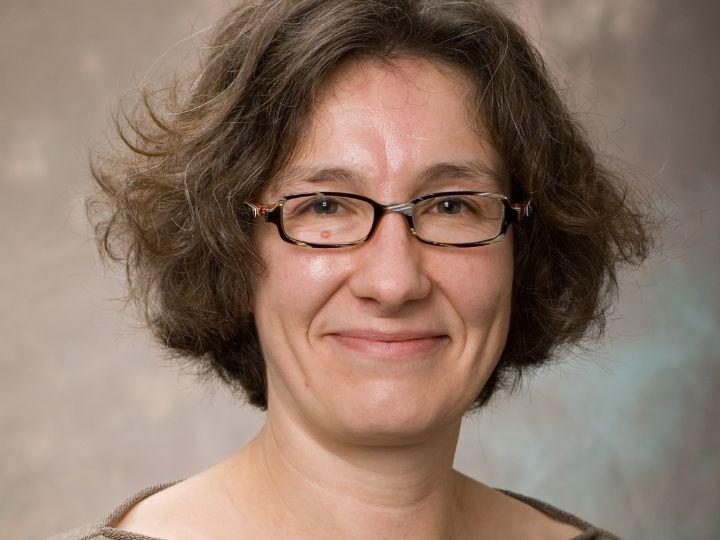UH psychologist to develop virtual reality personality assessment

Credit: University of Houston
Recruiting and selecting the proper sailors for specific tasks in the U.S. Navy has proven tricky, with costs rising yearly as the military seeks to match sailors with appropriate specialties. A University of Houston professor of psychology and a team of collaborators is out to save the military money and streamline the process by developing a new personnel selection process, the Manpower and Personnel Assessment Battery (MPAB).
“Our process is cost-effective and portable and selects the most promising applicants, assisting in their placement into military occupational specialties paths that maximize their talent,” said Elena Grigorenko, Hugh Roy and Lillie Cranz Cullen Distinguished Professor of Psychology and director of the Human Genetics Lab at UH. “Our method combines virtual reality technology, physiological makers, and real-time data analytics to assess manpower multidimensionally.”
The Office of Naval Research awarded Grigorenko and her colleagues $2.2 million to develop the MPAB. The firm McAllister & Quinn was instrumental in connecting the U.S. Navy with the University.
The MPAB will create a unique opportunity to assess manpower multidimensionally while the individual is engaged in a virtual reality environment. It will also integrate hardware and software that can track sleep patterns, physical exhaustion, and cognitive load to model a variety of situations that may arise while performing Naval jobs.
For baseline data, the team will collect biomarkers that can interpret the underlying physiology related to a person going through different conditions.
“From the participants’ saliva samples, we will generate hormonal patterns, genome structural variant analyses and whole epigenome (DNA methylation) profiling,” said Grigorenko. “We will use the latest and greatest technology in the field to make sure the selection of military personnel for specific jobs is more precise.”
The MPAB will also use state of the art eye-tracking technology and additional hardware to track the biometric data (e.g., heart rate, body temperature, blood pressure, respiration, electroencephalography). The MPAB is designed to be administered repeatedly under different circumstances, to gauge maximum performance, and to capture learning potential with both cognitive and biological indicators.
“The use of expert sailors’ multidimensional profiles in the data-analytics will also permit individualized Navy vocation counseling. This will decrease the costs of unproductive training and premature termination of services while increasing the returns from learning that focuses on strengths and compensates for weaknesses,” said Grigorenko.
###
Media Contact
Laurie Fickman
[email protected]
Original Source
https:/




